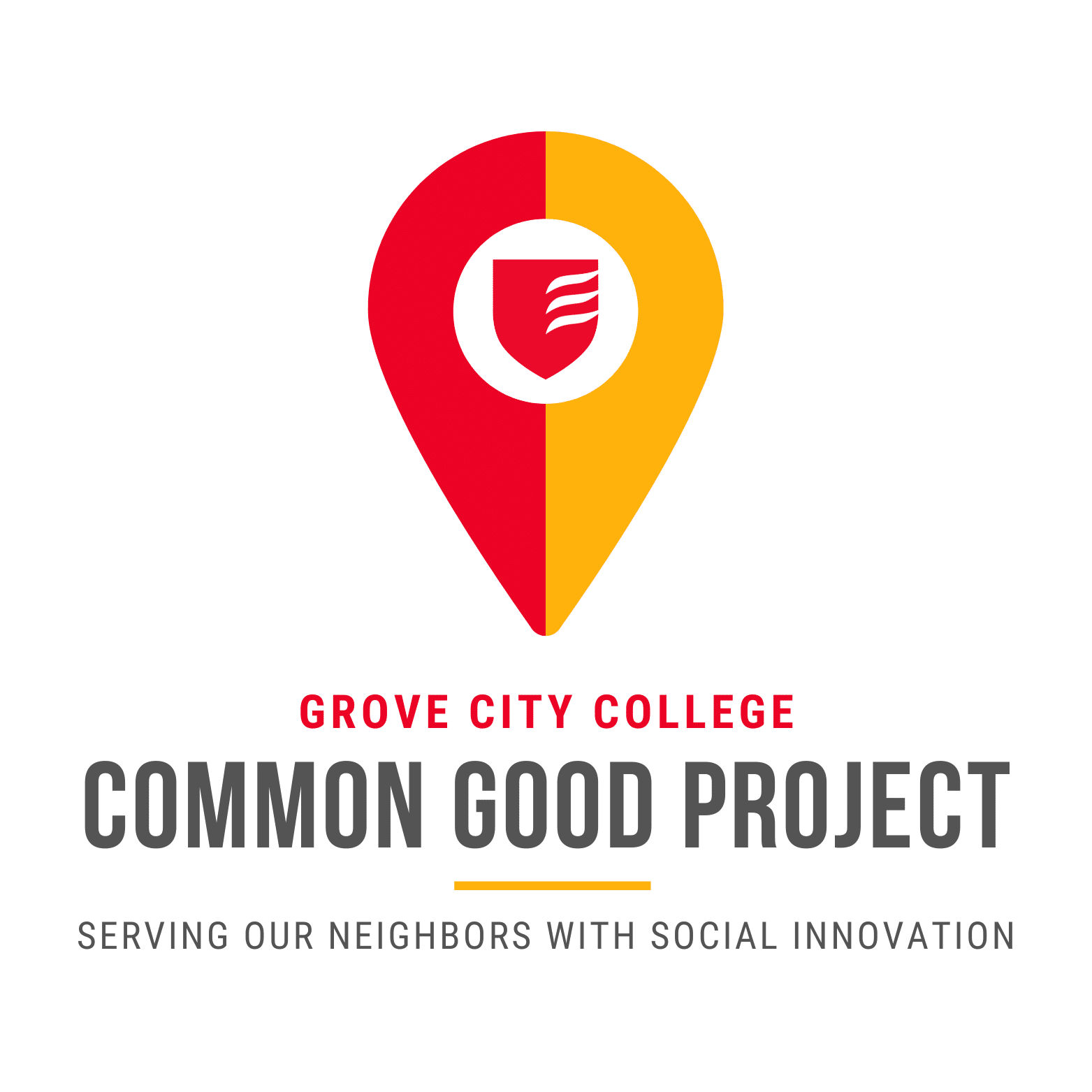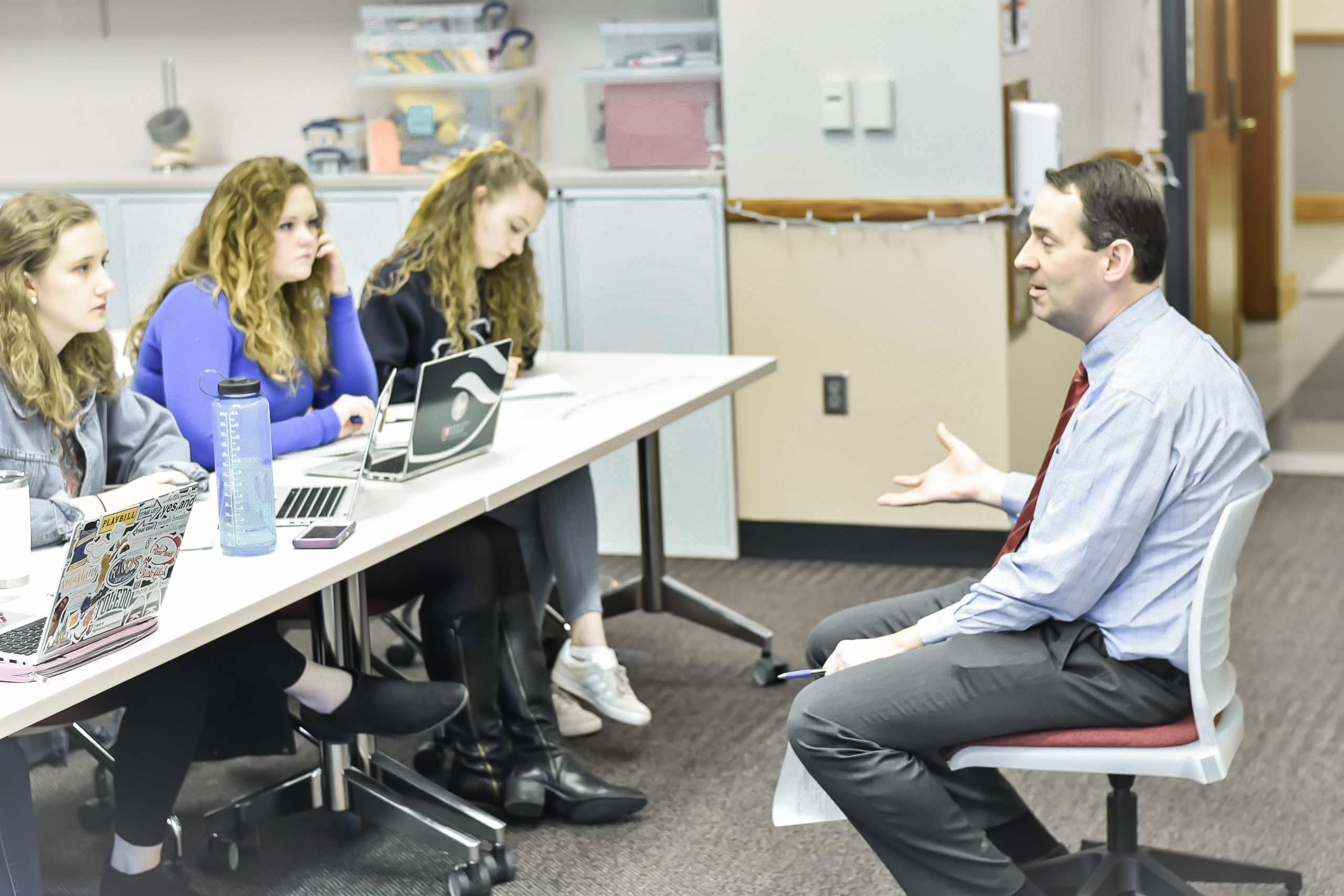
Rural America is at an inflection point. Once seen as the beating heartbeat of the United States, shifts within the country’s economy have led many rural communities scrambling to find a replacement for the activity and economic viability that was once brought by the now-shuttered factory, or even factories, that breathed life into the community.
Having young citizens leave these communities in search of a better way of life became commonplace. Indeed, the percentage of Americans living in rural communities declined from 30% in 1960 to 17% in 2021. As people trickled out, so did the services and employment opportunities that became unnecessary as the population dwindled. As a true sign of the times, there is only one dedicated maternity ward, located in Farrell, to serve all of Mercer County because not enough local people were having babies.
The result of this slow bleed out has been communities that are seeing vast jumps in social issues at the same time that services are being rolled back, creating a breeding ground where problems literally multiply year after year. Social service agencies are strapped both financially and when it comes to finding enough quality personnel to satisfy the increased demand for their services. Employers of all stripes have a difficult time finding potential employees that can pass a drug test. Disintegration of the traditional family unit has created a lack of responsibility in young fathers to care for their children. After becoming aware of a 26-year-old grandmother, a local agency estimates that Mercer County has children that now represent the 5th generation of poverty in their families.

Despite all of these hardships, there is, in fact, hope. Americans are increasingly opening their eyes when it comes to addressing social problems in their communities. Social entrepreneurs that exhibit a desire to attack these issues directly are gaining momentum while, at the same time, foundations are providing much-needed funding through program and mission-related investments. Private citizens are stepping in to help neighbors where government programming has failed.
This backdrop, both good and bad, reflects the current situation in Grove City. Core problems such as addiction, inadequate workforce development, a high cost of housing, and a breakdown of the traditional family are being addressed by a dedicated citizenry for which failure is not an option. As that group ages, it is creating an opportunity for a new generation to accept the passed torch and build upon the foundation of great work that the previous generation has laid.
ENTER: THE COMMON GOOD PROJECT
The Common Good Project represents the unique opportunity for students to come alongside the Center for E+I with the goal of addressing the social issues facing Grove City and its residents.
Over the course of the next year, the project will:
-
- Complete a needs assessment of Grove City and the immediate surrounding vicinity.
-
- Analyze the information uncovered by the needs assessment to explore solutions to the identified gaps and issues.
-
- Engage both the campus and the larger Grove City community to play key roles in this initiative.

Initially, E+I will hire two interns to join the Common Good Project. Benefits of participation include:
Help better the local community
Gain valuable work experience
Get paid for your work ($15/hour)
Start Building an irresistible résumé
Students: Let’s get you involved!
Now that we have your attention, let’s talk about the internship! As part of the project, students will work primarily under the direction of Professor Kyle English, the Executive Director of the Community Foundation of Western PA & Eastern OH with the objective of identifying the needs of the community and potential solutions to those needs.
The interns selected will produce a detailed report that can be supplied to community leaders so there can be a more focused approach to delivering services that will elevate the lives of Grove City’s residents.
Applications are currently closed for the Common Good Project.
Have questions about the Common Good Project? Contact Professor Yvonne J. English today!
Supported by the Grove City Foundation

Community Convening
Thank you once again to everyone who participated in the Community Convening, organized by the Center for Entrepreneurship + Innovation at Grove City College and supported in part by the Grove City Foundation. The feedback that was collected through the Convening is integral to the success of the Common Good Project.
Thanks to the valuable input of the participants during the event, an aging population/tax base and housing costs combined with absentee landlords were identified as the primary challenges that Grove City currently faces. These two issues actually received the same number of points through the voting process (though the aging population/tax base issue received more first place votes). The event also gave attendees the opportunity to examine the root causes and the corresponding effects on the community of these and other social issues. A full recap of the event can be found below.
What’s Next?
The next step in the process is to conduct primary interviews with individuals who have levels of expertise surrounding these subjects. Based on this feedback, potential solutions that have been utilized in similar communities in the United States will be researched with the goal of designing and piloting potential solutions in Grove City.
None of the above occurs without a committed, proud citizenry that is willing to step up for no other reason than to help the community they have loved and have served throughout the years. On behalf of the Center for Entrepreneurship + Innovation, Grove City College, and the Grove City Foundation, thank you to everyone involved in the project.
If you have suggestions or questions or want to become involved, please use our Contact Form to let us know.

